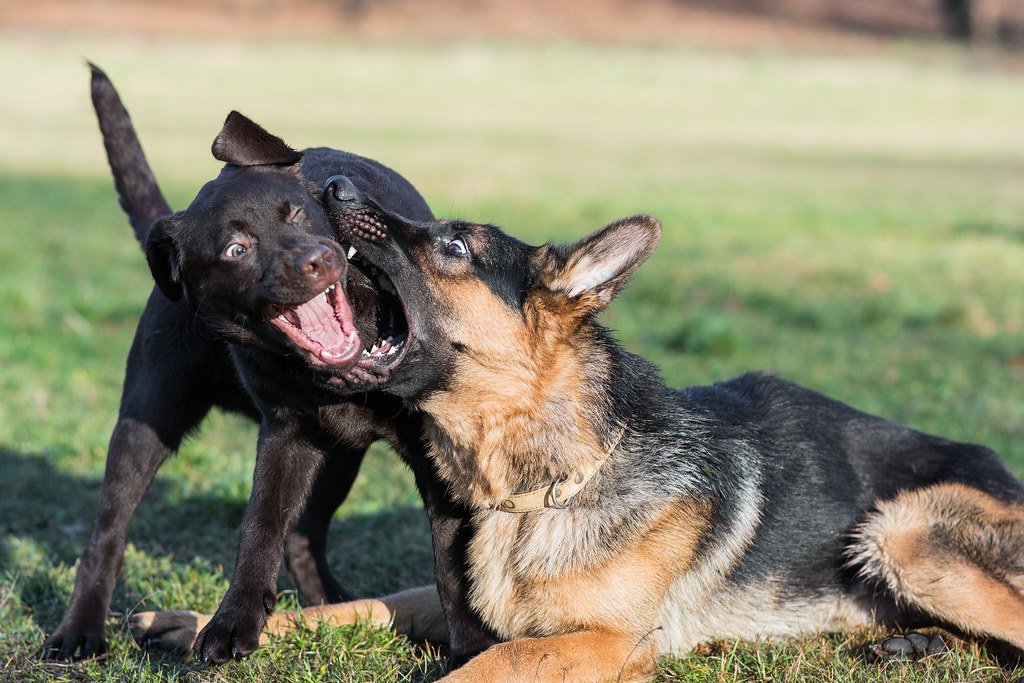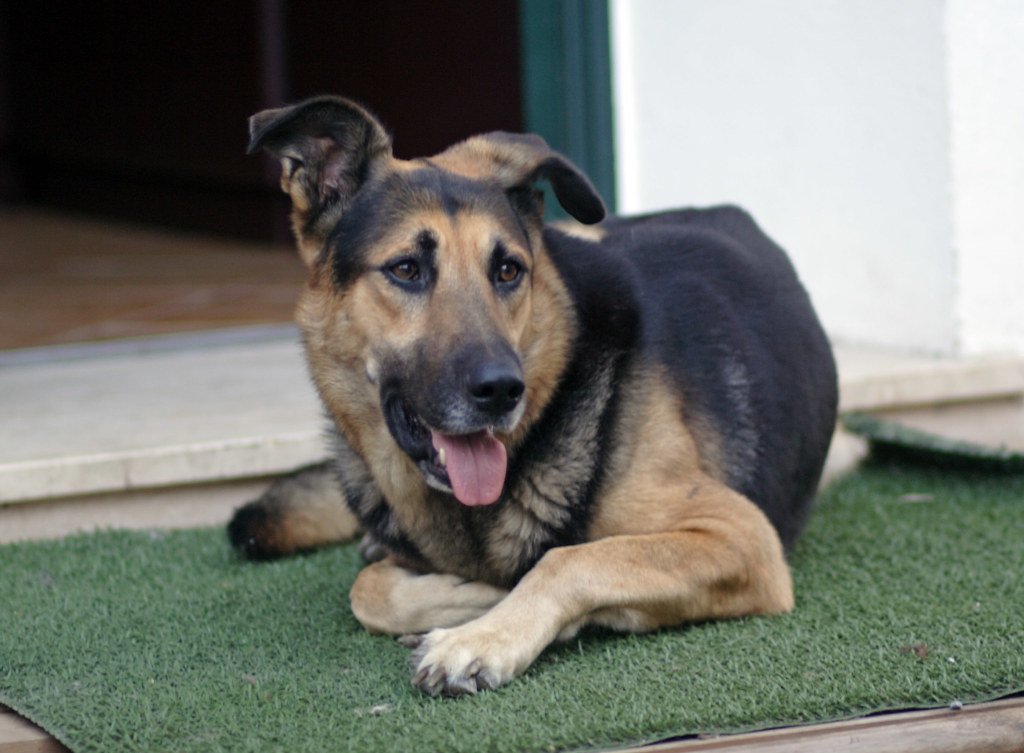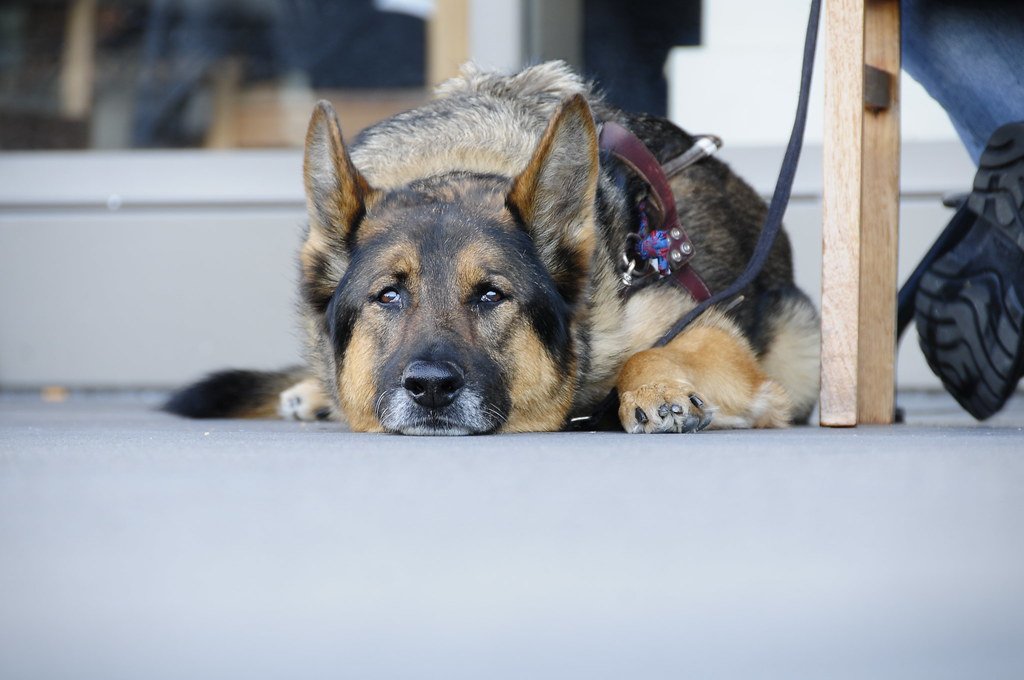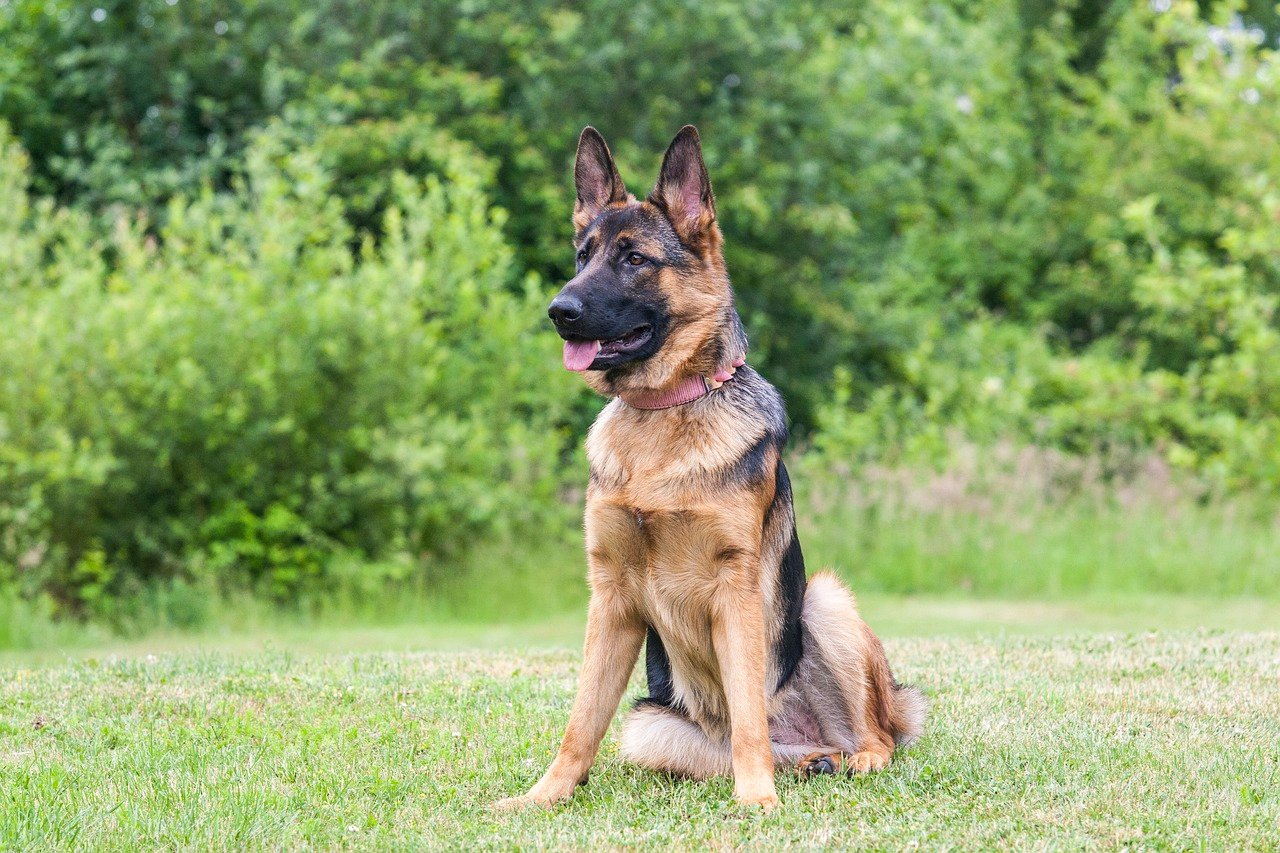Bringing home my first German Shepherd felt like a dream—until reality hit. I didn’t realize how much physical exercise and mental stimulation this breed truly needs. Their intelligence and energy demand time, patience, and consistency—things I wasn’t fully prepared to give. I misunderstood his behaviors as stubbornness, when he was really just under-stimulated and anxious. German Shepherds thrive with structure and confident leadership, not casual or part-time engagement. Looking back, the mismatch wasn’t his fault—it was mine. Choosing a dog should always be about compatibility, not just admiration.
The Dream Versus Reality: My Hopes and the Hard Truths
I’ll admit it—I fell hard for the idea of having a German Shepherd. I’d watched videos of loyal, intelligent dogs saving the day and imagined us as the perfect team. The reality? I was totally unprepared for what being a German Shepherd owner truly meant. Instead of heroic adventures, I found myself overwhelmed, stressed, and full of guilt. That dream dog from the movies was a real, living creature with real needs, and I hadn’t done my homework. If you’ve ever felt like you bit off more than you could chew with a new dog, you’re not alone. This is the story of what I wish I’d known before bringing my first German Shepherd home.
Understanding the Breed: More Than Just a Pretty Face
German Shepherds are not just beautiful; they’re bred for work, intelligence, and purpose. I focused on their looks and reputation but missed the most important part—their needs. These dogs thrive when given jobs, structure, and plenty of activity. They’re not couch potatoes. If you’re considering this breed, ask yourself: am I ready to give them the mental and physical stimulation they crave? Without this, a German Shepherd can become anxious, bored, or even destructive. It’s not fair to expect them to just “fit in” with a low-key lifestyle.
Energy Overload: When Walks Aren’t Enough

I thought a daily walk around the block would be enough. Oh, how wrong I was. My dog needed so much more. German Shepherds are like furry athletes—they need to run, play, sniff, and solve problems. Without proper exercise, my shepherd became restless and even started inventing his own “games,” like unrolling toilet paper and chewing shoes. It wasn’t mischief; it was boredom. If you’re short on time or energy, this breed may not be the best match. Think long hikes, fetch sessions, or even agility courses to keep them happy.
The Importance of Early Training: Why Timing Matters
I waited too long to start training. Big mistake. German Shepherds are smart and eager to learn, but they need guidance from day one. I thought I could let him settle in before starting obedience lessons. In reality, every day without structure was a day he learned habits I didn’t want—like jumping on guests or ignoring commands. Early, positive training sets clear expectations and builds trust. If I could go back, I’d start teaching sit, stay, and come on day one, using praise and treats to make it fun.
Socialization Struggles: The World Is a Big, Scary Place

Socialization is more than meeting a few friends at the park. My mistake? Keeping my shepherd’s world way too small. I didn’t introduce him to enough new people, dogs, or places in those crucial early months. Later, he reacted nervously to strangers and dogs, barking or backing away. German Shepherds can be naturally protective, so early, positive experiences with new sights and sounds are vital. Take puppy classes, visit busy streets, and invite friends over—let them learn the world is safe with you by their side.
Body Language Blind Spots: Missing What My Dog Was Telling Me

Dogs speak volumes without saying a word, but I missed so many cues. When my shepherd licked his lips or turned his head away, he was telling me he was stressed or unsure. I just thought he was being stubborn. German Shepherds are sensitive to their environment and to our emotions. Learning to read their body language—like a tucked tail, pinned ears, or yawning when not tired—can help you spot when they’re uncomfortable. Responding early can prevent problems before they start.
Health and Well-Being: Not Just Food and Water

I assumed that good food, clean water, and vet visits would be enough. But German Shepherds are prone to specific health issues, like hip dysplasia and sensitive stomachs. I didn’t research the right diet or the warning signs of joint pain. Regular check-ups, a proper diet, and watching for signs like limping or digestive trouble are crucial. Preventive care—like joint supplements or weight management—makes a huge difference in their quality of life.
Emotional Needs: Loyalty Goes Both Ways

German Shepherds are famous for their loyalty, but they need it returned. I was busy, distracted, and often left my dog alone for long stretches. He became anxious, following me from room to room when I was home. These dogs bond deeply with their people and want to be included in family life. Simple things—like talking to them, including them in daily routines, or offering a gentle pat—can mean everything. It’s not just about being their leader; it’s about being their friend.
The Power of Patience: Progress, Not Perfection

I expected my shepherd to “get it” quickly. When he didn’t, I got frustrated, which only made things worse. German Shepherds want to please, but they need time to learn and grow. If they make mistakes, it’s not a personal failing—it’s a chance to teach and support them. Progress takes time, especially with a smart, sensitive breed. Celebrate small wins, and remember: every dog learns at their own pace.
Choosing the Right Dog: Honest Questions to Ask Yourself

Looking back, I wish I’d asked myself if I was truly ready for a German Shepherd. Was I willing to commit time each day to exercise, train, and bond? Was my lifestyle a match for such a high-energy, intelligent dog? There’s no shame in admitting a certain breed isn’t right for you. The best fit is one where both you and your dog can thrive. If you’re still searching for your canine soulmate, take your time. Ask questions, meet dogs, and trust your gut. The right dog will fit into your life like they were always meant to be there.
Owning a German Shepherd taught me that love alone isn’t enough—you need to match their needs with your lifestyle. These brilliant dogs crave structure, purpose, and a whole lot of mental and physical engagement. Looking back, I wasn’t ready for that kind of commitment, and that’s on me. The experience was eye-opening, and now I know that choosing the right breed means being honest about what you can truly offer.

Born and bred in South Africa, a Capetonian at heart. Amy-Leigh’s love for nature and animals was inherited from her Dad. He loves taking the family on road trips to experience nature at its finest; Amy-Leigh’s favourite being whale watching in Hermanus and spotting Kudu along the West Coast. Amy-Leigh holds a BA in English Literature and Communication Studies.






